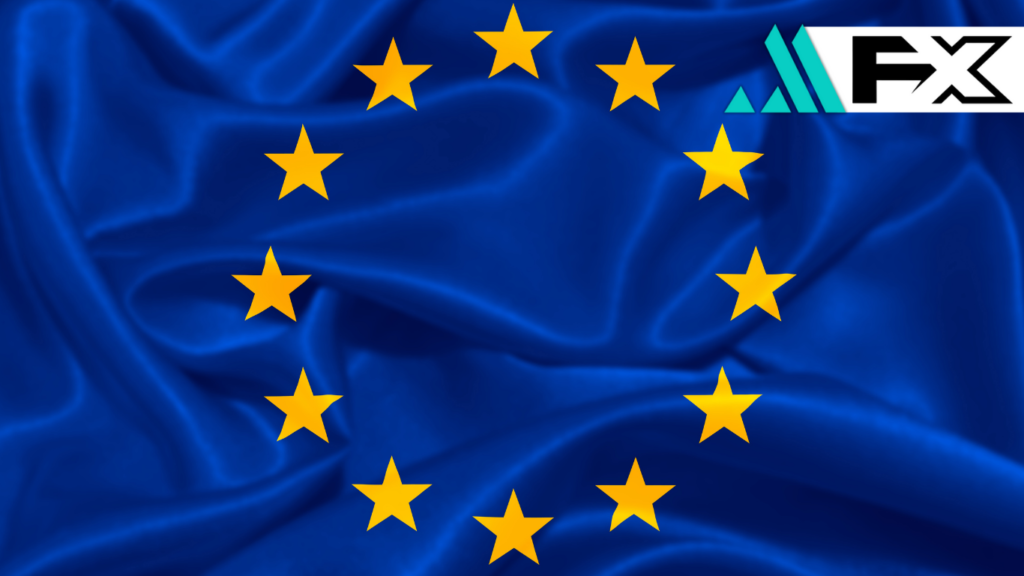European stocks opened lower on Wednesday as investors awaited clarity on President Donald Trump’s trade tariffs, a decision that could significantly impact global financial markets.
- Germany’s DAX fell 0.4% at 07:02 GMT.
- France’s CAC 40 declined 0.3%, while the U.K.’s FTSE 100 slipped 0.3%.
The White House confirmed that Trump will impose new tariffs today, a move he has long dubbed “Liberation Day.” The uncertainty surrounding the scope and scale of these measures has fueled volatility, with the S&P 500 entering correction territory in mid-March, falling 10% from recent highs.
Europe’s Response to U.S. Tariffs
European officials signaled they will respond to U.S. trade restrictions but avoid escalation.
- French Industry Minister Marc Ferracci emphasized that Europe favors negotiation over confrontation, stating that “trade wars only produce losers.”
- The European Central Bank (ECB), which cut interest rates six times in nine months, is now monitoring the potential economic fallout from U.S. tariffs as it aims to hit a 2% inflation target.
- The ECB’s next policy decision is set for April 17, where policymakers may adjust their economic strategy in response to U.S. trade moves.
Italy’s Banking Sector in Focus
The Italian banking sector made headlines as UniCredit (ETR: CRIG) secured regulatory approval for its €14 billion all-share bid for Banco BPM (BIT: BAMI).
- Italy’s Consob market regulator gave the final green light for the merger bid, with the offer running from April 28 to June 23.
- UniCredit also received ECB approval to acquire just under 30% of Germany’s Commerzbank (ETR: CBKG) but has not confirmed if it will pursue a full takeover.
Oil Prices Slip Ahead of Key Tariff Decisions
Crude oil prices edged lower in thin trading volumes ahead of Trump’s tariff announcement and an upcoming OPEC+ meeting.
- Investors are closely watching whether OPEC will increase production in response to market uncertainties.
- Any new U.S. trade barriers could weaken global demand for crude, impacting price stability.
As markets brace for high-stakes geopolitical decisions, investors are preparing for a period of increased volatility across equities, commodities, and foreign exchange markets.


